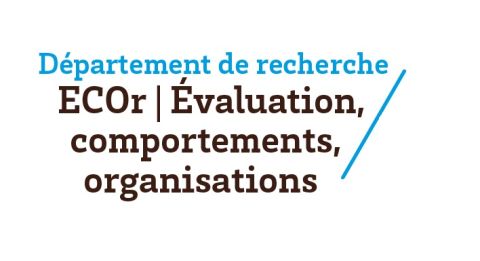Do judicial institutions cause economic growth? In a nationwide randomized experiment in Kenya, we use algorithms to identify for each court the greatest sources of court delay and present recommended actions. We randomly assign courts to receive no information, information, or an information and accountability intervention. Information and accountability reduces case duration by 22%. Using continuous household surveys, we find that in regions with treated courts, workers were more likely to have formal contracts and higher wages, especially in contract-intensive industries. A one standard deviation increase in our measure of contract-intensiveness is associated with a 29% increase in wages in the treatment group. These results demonstrate a causal relationship between judicial institutions and development outcomes and suggest that contract enforcement is a key mechanism for law and development.
Le séminaire sera suivi d'un moment de convivialité autour d'un buffet à 12h00 dans le patio.


